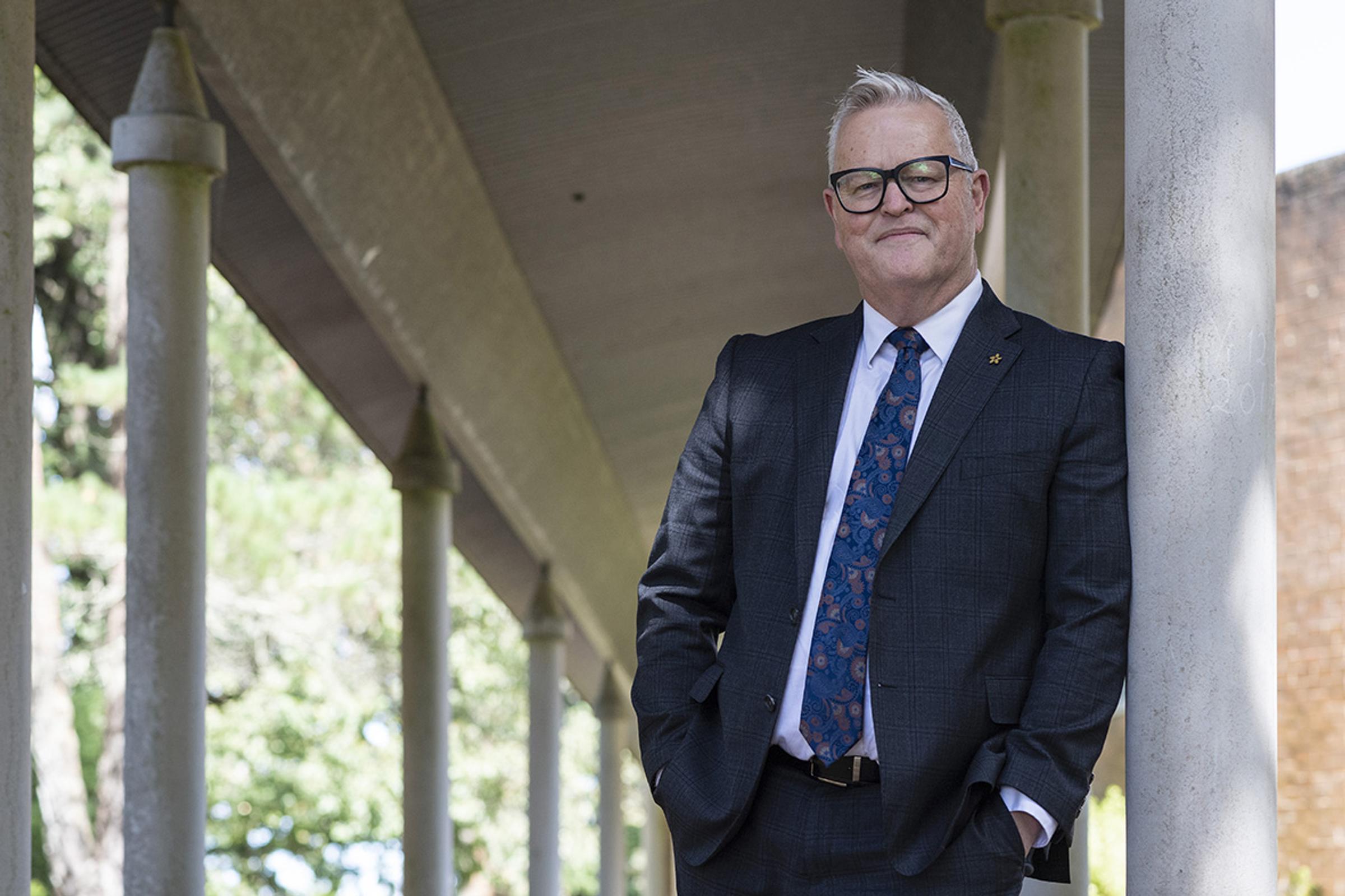From the Principal

To the Blue Mountains Grammar School Community,
The Class of 2024
Our Year 12 students, the Class of 2024, are now in their final two weeks of school. When you read the next newsletter, it will be the last one during their time with us. I have felt a strong connection with this year’s group, and as they prepare for their swansong, I’m genuinely impressed by how they carry themselves with such maturity and focus. The whole school community is behind them, offering our support, hopes, and prayers as they approach the end of Year 12 and the exciting road ahead.
New Junior School Position - Deputy Head of Junior School - Culture and Care
As our school grows, we want to ensure that our approach grows with it. I am excited to share that we will be advertising for a new position of Deputy Head of Junior School - Culture and Care in the coming days. This role will commence in 2025, giving our students and families more access to essential conversations about well-being, community, and responsibility. I will keep you informed as the process unfolds, and I look forward to updating you on this significant appointment.
Senior School Open Day - Saturday 14th September 2024
Tomorrow, we are hosting our Senior School Open Day - the largest we’ve held in many years. This event is a celebration of our school community and an opportunity for everyone to unite. I want to thank everyone who has volunteered their time, including our teachers, parents, staff, and, most importantly, our students. We’re expecting several hundred visitors on site, who will get to experience much of what makes our school unique, from canoeing on Wentworth Falls Lake to rock climbing, abseiling off the clock tower, live music, a BBQ, lawn games, and much more. Our student-led tours will be the highlight as they share their personal stories and experiences at our school.
Balancing Technology and Tradition in Education: Lessons from Finland and Sydney Grammar School
In recent years, the global shift toward digital learning has transformed classrooms worldwide. However, some schools are beginning to reassess the impact of technology on education. Riihimäki, a town in Finland, made headlines recently for its decision to wind back its initiative of providing every student over the age of 11 with a free device. Instead, they are returning to the more traditional tools of books, pens, and paper. Their rationale? Concerns over excessive screen time and its potential long-term effects on students’ development.
Closer to home, Sydney Grammar School has made a similar move, stepping away from extensive use of devices in the classroom. They have returned to a more traditional approach that was common in the early days of devices in schools by allowing teachers to book laptop trolleys and computer labs for their classes. Both decisions are rooted in the growing research indicating that too much screen time may be detrimental to young people. Studies have shown that while technology can enhance learning in specific contexts, prolonged exposure to screens can impair attention spans, reduce memory retention, and hinder social development. It is becoming clear that the educational benefits students receive from devices do not align with the potential harms, and as a result, we, as adults, need to ask the right questions.
Interestingly, this trend resonates with some recent findings from Blue Mountains Grammar School. During focus groups with our own students, they expressed a desire for less reliance on devices in their learning. They long for more time to engage in face-to-face interactions, collaborative group work, and traditional methods of learning, suggesting that they, too, feel the effects of digital overload.
Choosing technology or traditional learning tools is a complex matter. It is, in fact, about finding the right balance. Digital tools are essential for preparing students for the future and equipping them with research, communication, and critical thinking skills. However, creating spaces for interpersonal interactions, creative exploration, and reflection is equally important—elements that thrive in environments less dominated by screens.
As we progress, our challenge will be to find a harmonious blend of both approaches. By doing so, we will empower our students to succeed academically and grow as well-rounded individuals who can navigate both the digital and physical worlds with confidence and skill. Over the coming term, we will ask parents for their perspectives on how we align well-being, technology, and deep learning. Your input is invaluable in shaping the future of our school.
Warm regards,
Steven Coote
Principal